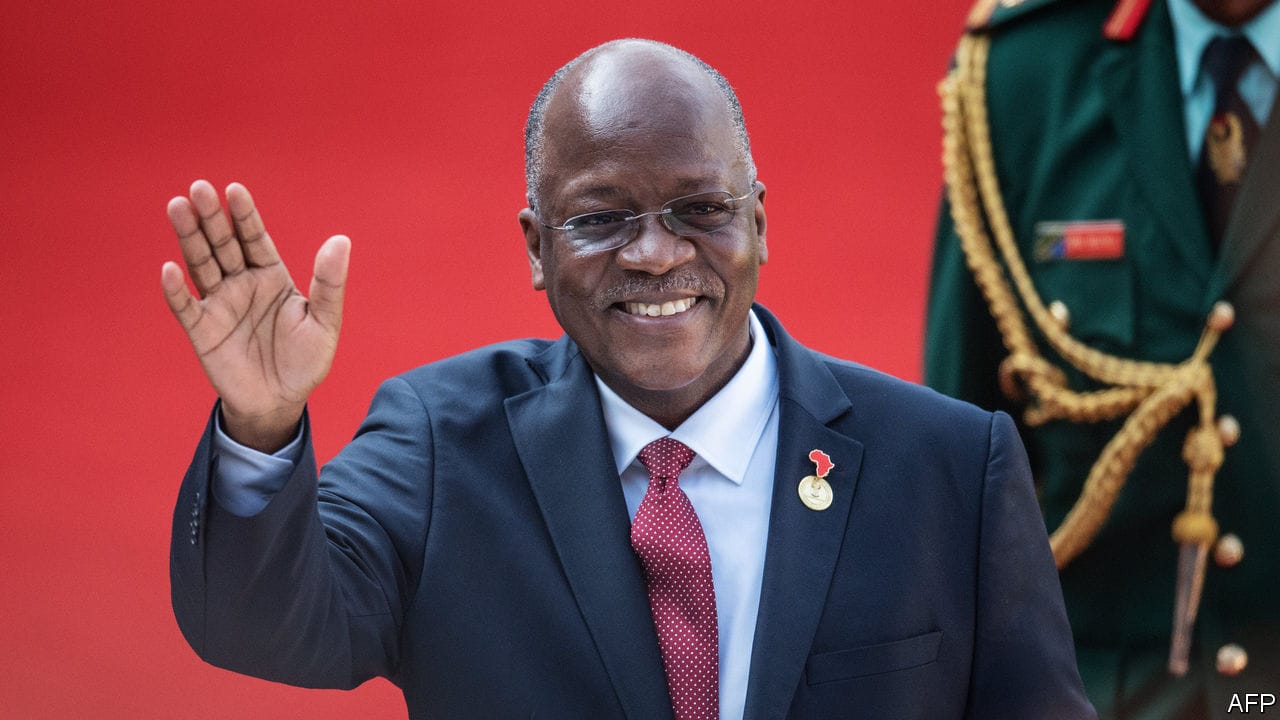- by
- 01 30, 2025
-

-
-
Loading

Loading

BY OFFICIAL MEASURESIMFGDPGDPMPGDP Tanzania is doing brilliantly. Covid-19 may be devastating its neighbours, but Tanzania is completely free of the virus—and safe for tourists—says President John Magufuli. Sub-Saharan Africa’s economy will shrink by 3.2% this year, predicts the , but Tanzania forecasts growth of 5.5%, making it one of the world’s star economies. This month the World Bank promoted it from “low income” to “lower-middle income”. That implies that income per person has surpassed $1,036, five years ahead of the government’s schedule.Were these figures true, Tanzania would have much to celebrate. But the closer you look, the less plausible they seem (see ). For more than a decade from 2000 Tanzania’s economy, east Africa’s second-largest, was indeed among Africa’s best-performing. After ditching one-party rule and “African socialism” in the 1990s, the government opened up the economy and welcomed foreign investors. grew by a cracking 5-8% almost every year. However, when Mr Magufuli came to power in 2015, he turned a hopeful country into a fearful one. Journalists were jailed, opposition s have been arrested or shot. The “bulldozer”, as he is known, has scared off investors by ripping up agreements, arresting employees and demanding arbitrary sums from companies. Acacia Mining, the largest foreign investor, was ordered to pay $190bn—more than three years of Tanzania’s —though this absurd figure was later scaled back. Investment has slumped. Tanzania has fallen by ten places in the World Bank’s ease-of-doing-business ranking. Business folk think the economy slipped into recession well before covid-19. But official numbers show it galloping ahead.